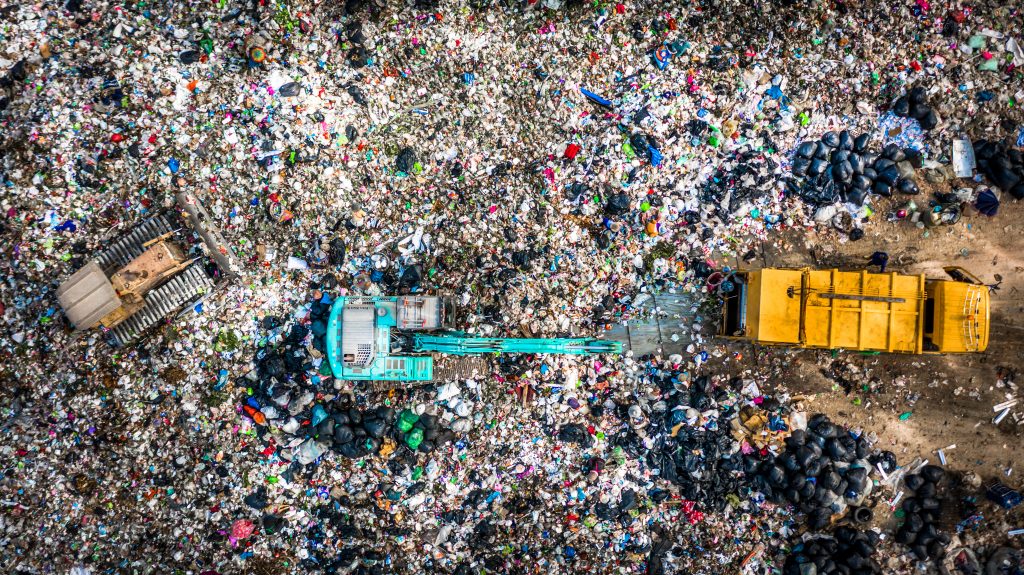
What is ‘natural’?
By ‘natural shampoo’ we mean products that contain plant-based ingredients, is SLS free and Paraben free, and use gentle, non-drying cleansing agents.
Conventional shampoos and conditioners use SLS and Parabens because they are great cleaning agents, but they can also strip the hair and scalp of everything, including its healthy natural oils. SLS and Parabens can also be irritating on the skin and scalp and cause dryness or dandruff.
Using conventional shampoos and conditioners may feel great at first, but give a false sense of healthy hair. Many typical shampoos and conditioners may also contain different forms of silicones which smooth the hair initially. However, after continuous use, your hair may feel drier and drier and damaged. The silicone can be damaging because it completely coats the hair and builds a layer that prevents moisture from penetrating the hair. Eventually, this can dry out the hair. It may be hard to notice because this coating gives the feeling of silky-smooth hair.
What to look for:
Reading labels is essential when switching to natural shampoo and conditioner. Look for products that contain natural ingredients. It takes time and effort to identify unnatural ingredients, so as a simple general rule of thumb, try to look for a minimal ingredient list with items that are easy to pronounce. Look for ingredients that are naturally derived or made from things found in nature.
What to expect:
The main difference you’ll notice about natural shampoo is that it doesn’t lather up the same way your old shampoo did, since those foaming agents aren’t there. Less foam does not mean it’s not getting your hair clean, or that you need to use more shampoo than usual.
It can take a few days for your scalp and hair to adjust when switching to a natural shampoo. In the beginning, it may feel like your hair is oilier and heavier than usual. One important trick is to make sure you rinse your hair well, as any residual shampoo can make your hair feel heavier. In the beginning, your hair may also feel less silky than usual without the silicones, however, over time, your hair will become softer and healthier. After a few washes, your scalp will adjust, and you’ll probably find that your hair’s texture is more well-balanced with less oil at the roots and healthier, moist tips. You may even notice your hair is fuller, as some people may experience better hair growth as a result of switching.

